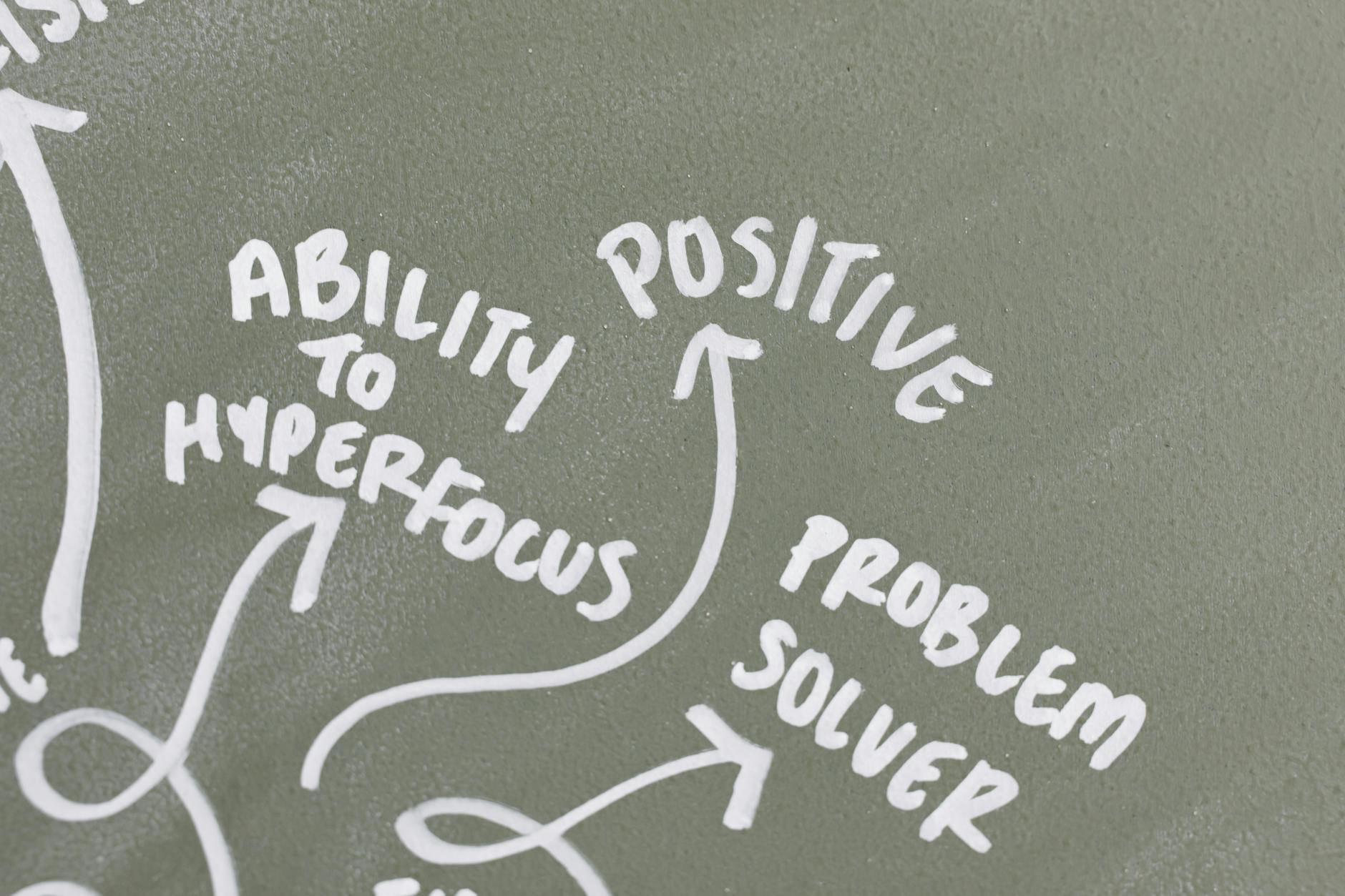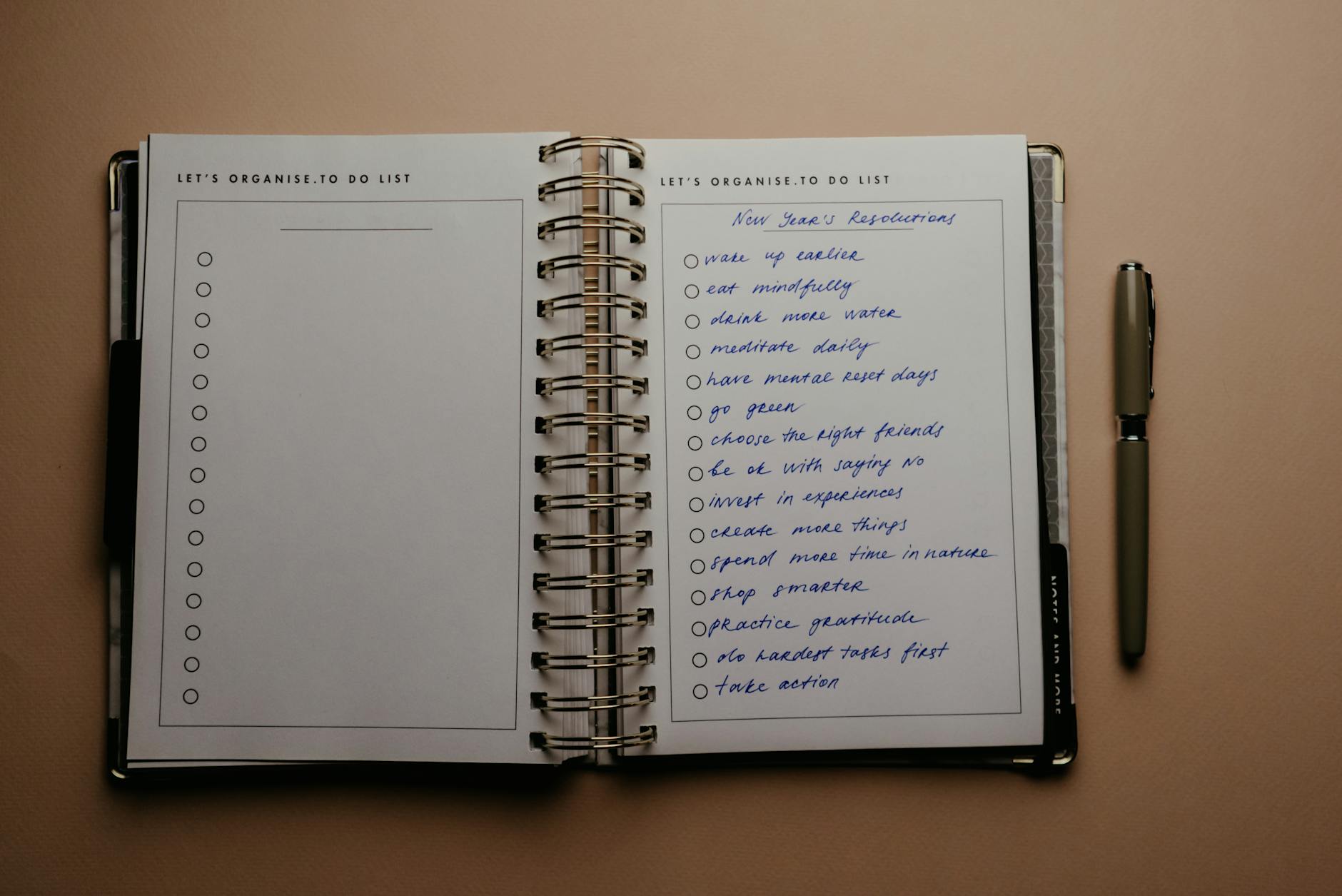What Is Self Development and Why Does It Matter?

Self development is the process of improving yourself through intentional actions and continuous learning. It involves building skills, habits, and knowledge to help you achieve personal goals and lead a more fulfilling life. But why does it matter? Because it allows you to unlock your potential, tackle challenges with resilience, and live a life of purpose and meaning.
At its core, self development isn’t just about achieving success but about becoming the best version of yourself. It’s about finding alignment between who you are and who you aspire to be. A structured approach to self development starts with setting clear and achievable goals.
Tools like a SMART Goals Template can help you break down your vision into actionable steps. Whether it’s improving your fitness with specific, measurable goals, enhancing your career trajectory with well-defined strategies, or creating an action plan with a goal-oriented worksheet, these structured approaches form the foundation for long-term growth.

Understanding What Is Self Development
Self development is the deliberate effort to grow in all areas of your life. It’s not limited to professional achievements or academic pursuits—it encompasses mental, emotional, physical, and even spiritual growth. For example, learning to manage stress effectively or improving your relationships can be just as vital to your overall development as advancing in your career.
Differentiating Personal Development and Personal Growth
It’s essential to understand the distinction between personal development and personal growth, as the two terms are often used interchangeably. Personal development refers to the intentional steps you take to improve specific aspects of your life, such as learning a new skill, changing habits, or achieving a goal. On the other hand, personal growth is the broader transformation that results from these efforts—it’s about evolving as a person and enhancing your overall perspective and capabilities.
For instance, learning time management techniques falls under personal development, while the newfound ability to prioritize effectively and reduce stress reflects personal growth. Both are interconnected, with personal development serving as the catalyst for personal growth.

Why Self Development Matters
Self development is crucial because it enables you to navigate life’s challenges, achieve your ambitions, and find deeper fulfillment. It’s a journey that empowers you to take control of your life and shape your destiny. Here are some of the key benefits:
- Skill Building: One of the most tangible benefits of self development is acquiring skills that improve your life. Whether it’s communication, problem-solving, or adaptability, these skills are essential for both personal and professional success.
- Increased Confidence: Each milestone you achieve through self development boosts your confidence. Over time, this growing sense of self-belief can lead to more ambitious goals and greater achievements.
- Better Decision-Making: Self development helps you clarify your values and priorities. This clarity makes it easier to make decisions that align with your long-term goals and principles.
- Fulfillment: True fulfillment comes from continuous growth. When you actively work on improving yourself, you feel a sense of accomplishment and purpose that enriches your life.

How to Start Your Self Development Journey
Starting your self development journey might feel daunting, but the key is to break it down into manageable steps. Here’s how to get started:
Define Your Goals
Every self development journey begins with a clear destination. Ask yourself: What do I want to achieve? Whether it’s building a healthier lifestyle, advancing your career, or improving relationships, your goals should be specific and actionable. Use a SMART Goals Template to ensure your objectives are clear, measurable, and achievable.
For example, instead of saying, “I want to get healthier,” a SMART goal would be, “I will exercise for 30 minutes, five days a week for the next three months.”

Build Productive Habits
James Clear’s Atomic Habits explains the importance of small, consistent actions. Habits are the building blocks of self development, and even minor changes can lead to significant results over time. Some examples:
- Swap 10 minutes of mindless scrolling for journaling or reading.
- Start your day with a simple morning routine to set the tone for success.
Habits thrive on consistency. Using a habit tracker can help you stay accountable and motivated.

Embrace an Early Morning Routine
Robin Sharma’s The 5 AM Club emphasizes how waking up early provides time for self-care and personal growth. The first hour of your day is often the most productive. Use it to focus on activities like exercise, journaling, or meditation, which prime you for success throughout the day.
Commit to Lifelong Learning
Self development is a continuous process. Make learning a habit, whether through reading books, attending workshops, or exploring online courses. The more you learn, the better equipped you are to adapt and grow.

Practical Ways to Begin Your Journey
Here are some actionable strategies to help you incorporate self development into your daily life:
- Prioritize Key Areas: Identify one area of your life that you want to improve. Focusing on a single skill or habit at a time ensures you don’t feel overwhelmed.
- Create a Daily Schedule: Structure your day to include time for self development activities, such as exercising, reading, or practicing mindfulness.
- Track Your Progress: Journaling is an effective way to reflect on your growth. Write down your successes, challenges, and lessons learned.
- Surround Yourself with Supportive People: The people you spend time with can influence your mindset. Seek out mentors or peers who inspire and encourage you to grow.
Tools and Resources to Support You
Having the right tools can make your self development journey smoother and more effective. Consider these resources:
- Books: Some must-reads include Atomic Habits by James Clear, The 5 AM Club by Robin Sharma, and Mindset by Carol Dweck.
- Apps: Tools like Habitica, Notion, and Todoist help you stay organized and track your progress.
- Worksheets: Use SMART Goals worksheets to create actionable plans and measure your progress.

Overcoming Common Challenges
Staying Motivated
Motivation naturally ebbs and flows. When it wanes, focus on discipline rather than feelings. Break tasks into smaller steps to avoid feeling overwhelmed and celebrate even the smallest victories to maintain momentum.
Facing Fear of Failure
Failure is a natural part of growth. Rather than fearing it, embrace failure as an opportunity to learn and improve. Reflect on what went wrong, make adjustments, and try again.
Closing Thoughts
Self development is about taking control of your life and making conscious decisions to improve yourself. By setting clear goals, building better habits, and seeking continuous growth, you unlock your potential and create a life filled with purpose and satisfaction.
It’s not about perfection—it’s about progress. Start small, be consistent, and trust the process. Over time, the effort you invest in yourself will pay off in ways you can’t yet imagine. What’s your first step going to be?
Let’s get started!





